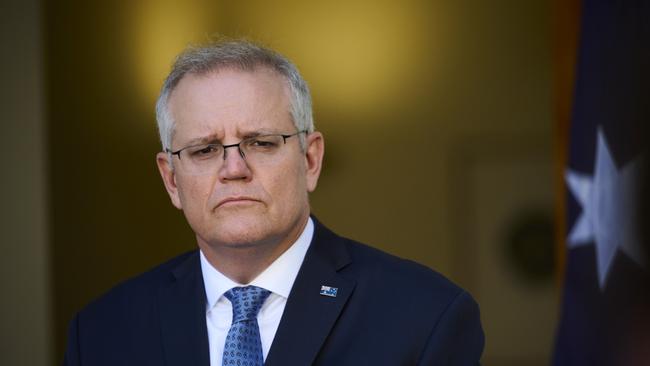
I got to know both a bit better at a fabulous function in Oatlands, not far from Parramatta in Sydney’s west, last Thursday. It was the launch of Morrison’s book, Plans for Your Good, a Prime Minister’s Testimony of God’s Faithfulness.
It was also a fundraiser for the I4Give Foundation set up by Danny and Leila Abdallah, and their ambition for an I4Give day like the RUOK? Day. They’re the two most extraordinary people you could ever meet. The function was also a rollicking celebration of western Sydney. ScoMo may be a fanatical Sharks supporter, but it was the Canterbury-Bankstown Bulldogs among the evening’s official sponsors.
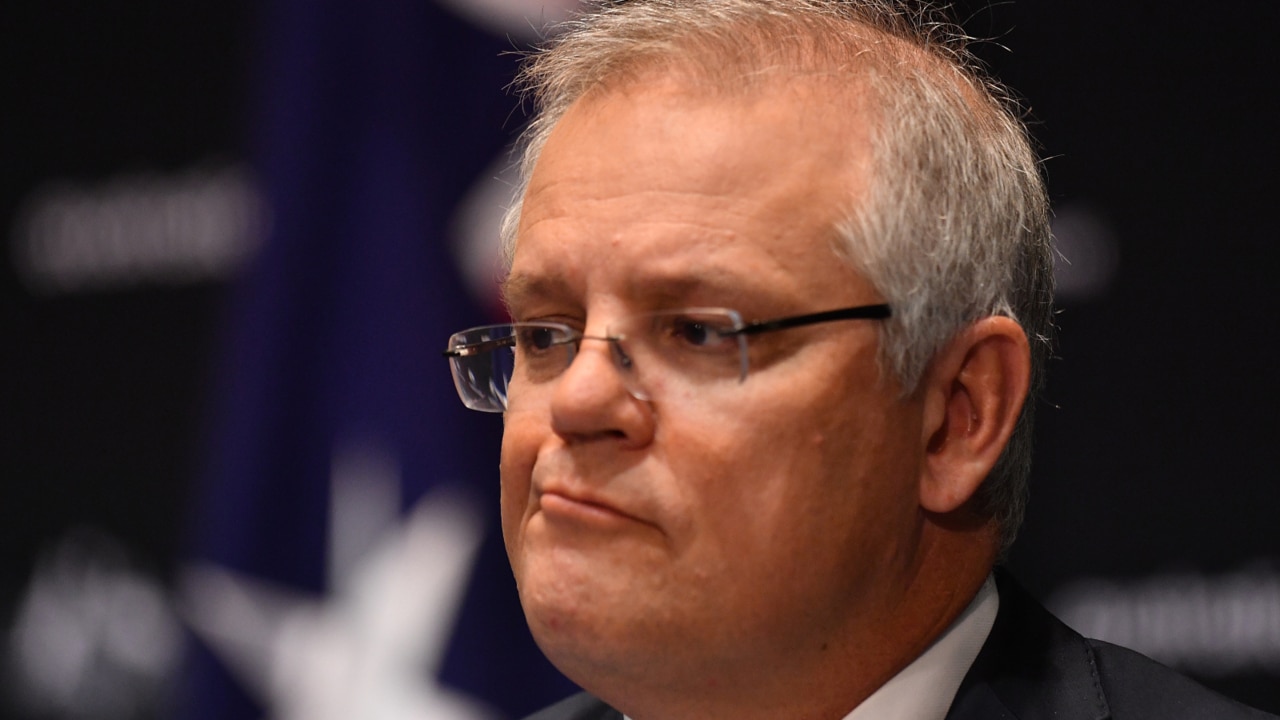
My unscientific guess is about half of the 600-odd folks there were Maronite Christians of Lebanese background. The MC was a screamingly funny comedian who specialises in western Sydney. He chided Danny Abdallah for visiting the prime ministerial residence, Kirribilli House, and leaving it standing. Surely he could see it was a prime site for units.
The MC welcomed foreigners, that is to say people from the eastern suburbs or even mysterious Cronulla, to what he labelled the Lebanese Vaucluse. The point of all this humour was that it was good-natured, gently self-mocking, acutely aware of social nuances the mainstream media never seem to catch. It celebrated both difference and unity.
The night also reflected Morrison’s tribes as a politician. He’s had a deep relationship with the Maronites since he was immigration minister. Naturally there were plenty of Pentecostals too, and his status as a strong supporter of Israel was evident. On my table were Maronites, one I think a cleric as he was wearing a huge gold cross, Pentecostal ministers and Jewish rabbis.
The evening was a long dinner function. The program included not only the comedian, but Christian songs, personal testimony, a segment in which I interviewed Morrison about his book, an auction for the I4Give foundation and a dialogue involving Jenny Morrison and Leila Abdallah.
Plans for Your Good is certainly unique among prime ministerial memoirs. It’s a strange hybrid of spiritual reflection and advice, personal autobiography, and political history and advocacy.
I admire this book enormously and wish it the greatest success. But I would say it’s not entirely successful in its huge ambition of melding those three disparate genres together. Nonetheless, in the attempt, its achievement is remarkable.
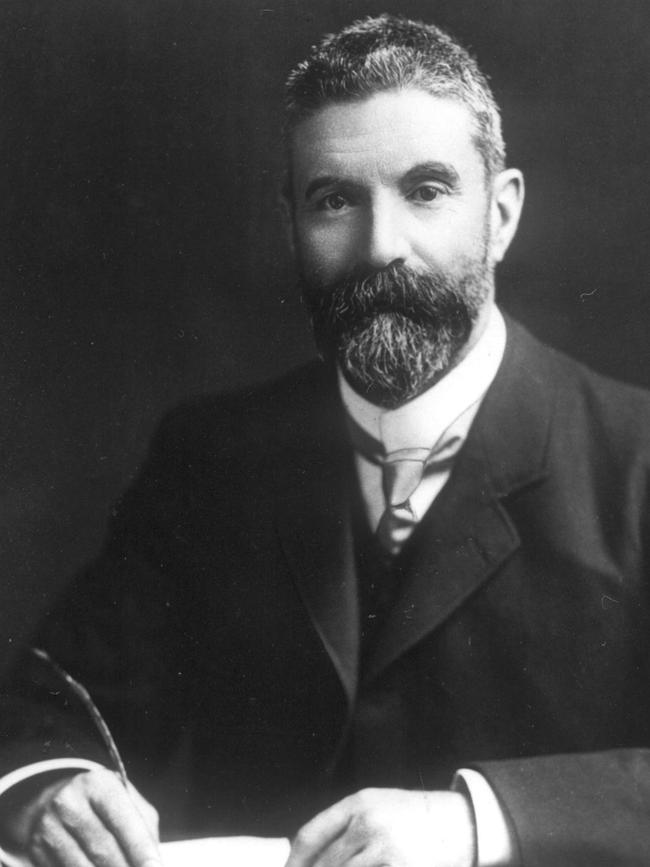
As a political account of Morrison’s prime ministership, it’s of limited value. There are accounts of pandemic policy, AUKUS, dealing with China. But these aren’t systematic. But that’s by design. Because it’s not primarily a political book, it doesn’t make any pretence of dealing with these issues comprehensively. Big controversies, such as swearing himself in for additional ministries, or Robodebt, are unaddressed.
But that’s not really a criticism, because that’s not the purpose of the book. Its tone is very much the same as Morrison’s tone in speech. I wouldn’t be surprised if some of it had been dictated. But the best political memoirs always project the distinctive voice of the author. Tony Blair’s memoirs are very similar in this way. The memoir Morrison’s book most resembles, perhaps, is George W. Bush’s very fine Decision Points.
Most Australian prime ministers have been seriously believing Christians, including recent PMs John Howard, Kevin Rudd, Tony Abbott, Malcolm Turnbull and Morrison himself. So was our longest-serving and best leader, Robert Menzies. Being Christian didn’t make them better PMs necessarily, nor remotely mean they agreed with each other. One of our very best prime ministers, Bob Hawke, was a thoughtful agnostic.
But still, Morrison’s book is unique. It’s not exactly theological speculation, or even teaching. Rather it’s an attempt to give an account of Morrison’s own relationship with God, his constant ruminations on Scripture, Old Testament and New, his continuous dialogue with God and an attempt to draw out useful advice for others from this experience.
Morrison courageously reveals a great deal about his inner self, is genuinely humble (with the exception of the formal political bits where he naturally argues in a conventional way for the rightness of his government’s programs), and genuinely generous to opponents and to everyone who crosses his path.
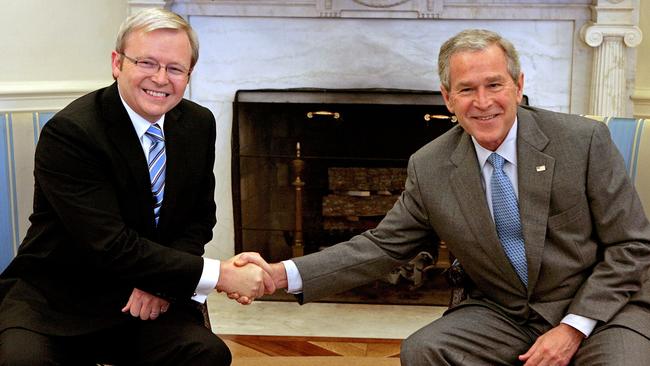
There are nonetheless some fascinating political facts. Who knew the suicide rate in Australia actually declined during Covid? And there are some marvellous direct aphoristic insights: “Politics is demanding and selfish.”
But it’s within the spiritual reflection that Morrison gives us genuine passages of great insight and depth. A key theme to Morrison’s book, and to his understanding of Christianity, is forgiveness – the need to be sorry and to say sorry, but also the need to forgive, and the need to accept forgiveness.
Morrison writes: “We have all done things in our lives that we shouldn’t have done and wish we hadn’t. We all have sinned. These experiences can work to destroy our image of ourselves and our sense of our worth. We then become prisoners of our past, thinking, How could anyone love me, knowing where I have come from, what’s happened to me, or what I have done? But this is a lie. Our bitter experiences, failures and sins lie to us, telling us we are worthless … We do not have to allow our past failures, setbacks and heritage to determine our identity. God has brought about a better way, through relationship with Him, made possible by His love, which gives all of us a fresh start, whether we think we deserve it or not.”
But the real heroes of this distinctive and absorbing book are Danny and Leila Abdallah, now dear friends of the Morrisons. On February 1, 2020, three of the Abdallahs’ then six kids, and a cousin, were walking to a local shop in Oatlands for an ice cream when a drugs- and drink-affected driver lost control of his ute, mounted the footpath, ran them down and killed them.
The Abdallahs’ grief is unimaginable. A day or two later, Leila, still barely able to stand, who at the time felt her heart was “pierced with a sword”, told the media how she felt about the driver: “I cannot hate him … in my heart I forgive him.” A few months later she explained: “If Jesus can forgive, we have to forgive.”
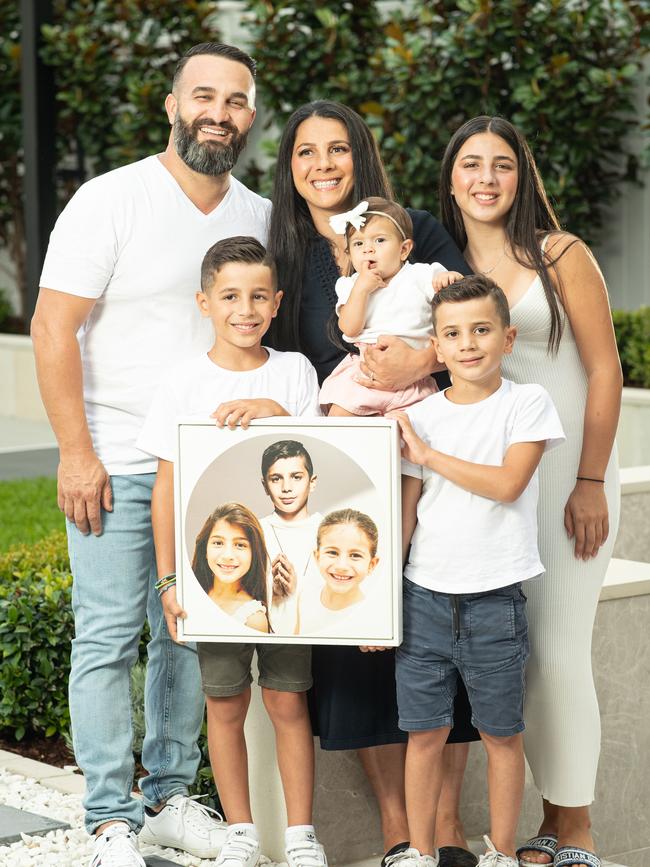
The Abdallahs wanted justice, not revenge. Danny didn’t want anger and bitterness filling his home. He understood that people make mistakes and do stupid, irresponsible things. Astonishingly, as Morrison recounts, Danny has become a visitor in prison to the man who killed his children, and has helped to bring that man to Christianity himself.
Bridget, the mother of the other child killed in the accident, wrote in her victim statement that she too had forgiven the driver: “For Jesus in his deepest anguish, while dying on the cross after being scorched and tortured, said: Father, forgive them, for they know not what they do.”
No one can doubt the power, the generosity and the authenticity of this magnificent Maronite faith. That Morrison got to know and love these folks so well, when he was a busy prime minister, says something good about him too.
More Coverage
 But the real heroes of this distinctive and absorbing book are Danny and Leila Abdallah, now dear friends of the Morrisons.
But the real heroes of this distinctive and absorbing book are Danny and Leila Abdallah, now dear friends of the Morrisons.


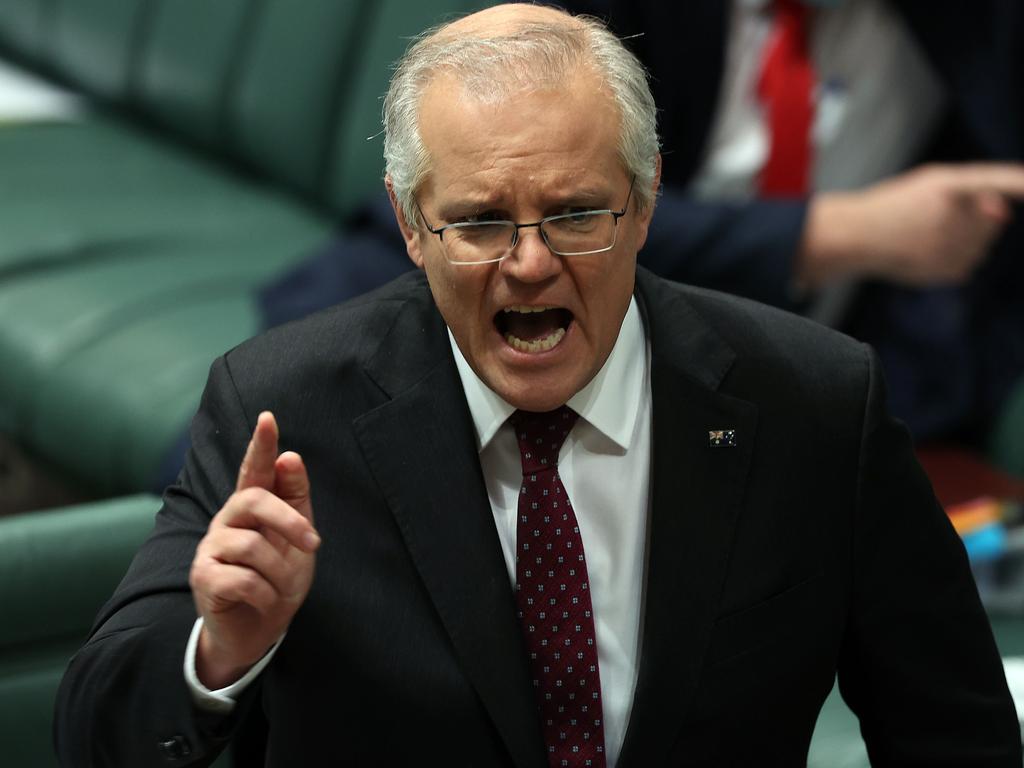
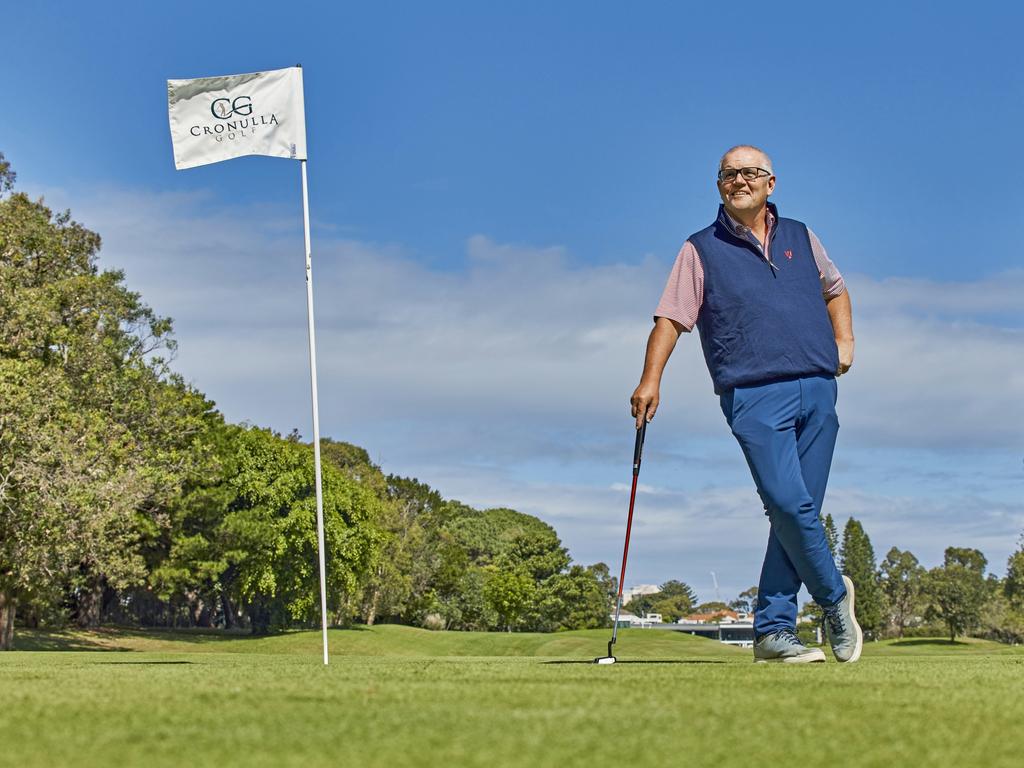

How well do you think you know our former prime minister, Scott Morrison? How well do you think you know Sydney?